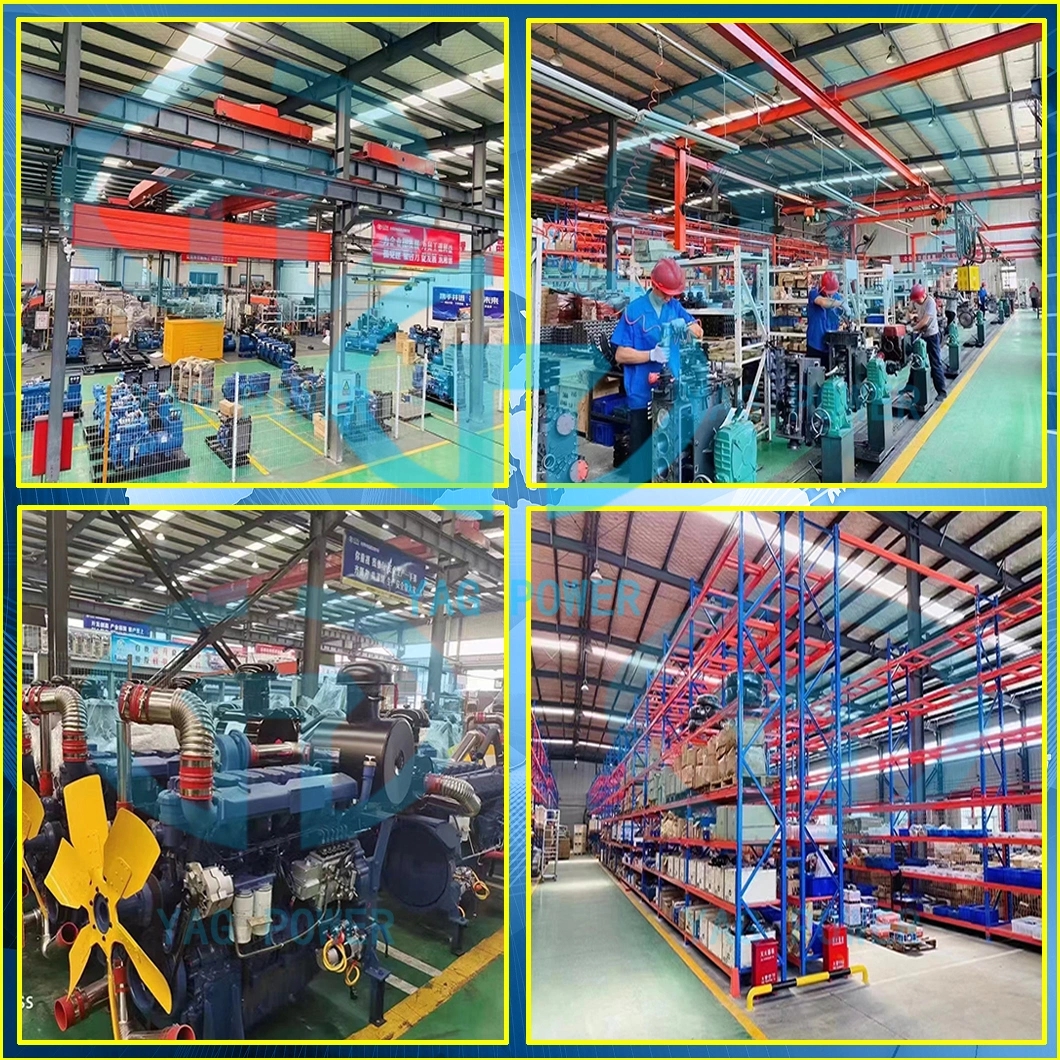Introduction
In remote locations where access to the main power grid is limited or unreliable, diesel generators play a crucial role in providing a stable and continuous power supply. One of the key applications of diesel generators in such scenarios is islanding operation, where the generator operates independently of the main grid to ensure uninterrupted power supply to critical loads. This article will explore the importance of diesel generators for islanding operation in remote locations, their key features, advantages, and considerations for optimal performance.
Importance of Diesel Generators for Islanding Operation
Islanding operation refers to the ability of a generator to operate independently of the main grid in the event of a grid outage or disconnection. This is particularly important in remote locations such as islands, mining sites, off-grid communities, and military installations where a reliable power supply is essential for various critical operations. Diesel generators are well-suited for islanding operation due to their reliability, fuel efficiency, and ability to provide continuous power for extended periods.
In islanding operation, the diesel generator serves as the primary source of power, supplying electricity to critical loads such as hospitals, telecommunications infrastructure, water treatment plants, and remote communities. By ensuring a continuous power supply during grid outages, diesel generators play a vital role in maintaining essential services, improving safety, and enhancing the overall quality of life in remote locations.
Key Features of Diesel Generators for Islanding Operation
Diesel generators designed for islanding operation are equipped with a range of features that enable them to function independently of the main grid effectively. Some of the key features include:
1. Automatic Voltage Regulation (AVR): Diesel generators for islanding operation are equipped with AVR systems that regulate the output voltage within a tight tolerance range, ensuring stable and reliable power supply to critical loads.
2. Synchronization Capability: In islanding operation, multiple generators may need to be synchronized to provide sufficient power to meet demand. Diesel generators with synchronization capability can be easily connected in parallel to form a microgrid and share the load efficiently.

3. Remote Monitoring and Control: Modern diesel generators come with advanced monitoring and control systems that allow operators to remotely monitor the generator's performance, adjust settings, and receive real-time alerts in case of any issues.
4. Fuel Efficiency: Diesel generators are known for their fuel efficiency, making them cost-effective for long-term islanding operation. By optimizing fuel consumption, diesel generators can provide continuous power supply without incurring high operating costs.
5. Low Maintenance Requirements: Diesel generators are robust and durable machines that require minimal maintenance, making them ideal for remote locations where access to service technicians may be limited. Regular preventive maintenance can ensure the reliable operation of diesel generators for islanding applications.
Advantages of Diesel Generators for Islanding Operation
Diesel generators offer several advantages for islanding operation compared to other power sources. Some of the key advantages include:
1. Reliability: Diesel generators are known for their reliability and robustness, making them suitable for providing uninterrupted power supply in remote locations with limited access to the main grid.
2. Quick Start-Up Time: Diesel generators have a quick start-up time, allowing them to respond rapidly to grid outages and ensure continuous power supply to critical loads.
3. Fuel Availability: Diesel fuel is widely available globally, making it easy to refuel diesel generators in remote locations. This ensures that the generator can operate continuously without interruptions due to fuel shortages.
4. Longevity: Diesel generators have a long service life and can operate for thousands of hours with proper maintenance. This longevity makes them a cost-effective investment for islanding operations in remote locations.
Considerations for Optimal Performance
To ensure optimal performance of diesel generators for islanding operation, several considerations should be taken into account:
1. Proper Sizing: Diesel generators should be properly sized to meet the power demand of the critical loads they will be supplying. Oversized or undersized generators can lead to inefficiencies, increased fuel consumption, and potential damage to the equipment.
2. Regular Maintenance: Regular maintenance and servicing of diesel generators are essential to ensure their reliable operation in islanding applications. This includes routine checks of fuel levels, oil changes, filter replacements, and overall system inspections.
3. 300kw diesel generator for remote humanitarian projects : The quality of diesel fuel used in generators can have a significant impact on their performance and longevity. It is essential to use clean, high-quality fuel to prevent issues such as clogging of fuel filters or injector problems.
4. Monitoring and Control Systems: Implementing advanced monitoring and control systems can help operators keep track of the generator's performance, identify potential issues early, and take preventive measures to avoid downtime.
5. Training and Support: Proper training of operators and maintenance staff is crucial for the efficient operation of diesel generators in islanding applications. Additionally, having access to technical support and service providers can help address any issues that may arise promptly.
Conclusion
Diesel generators play a critical role in providing a reliable power supply for islanding operation in remote locations. Their robustness, reliability, and fuel efficiency make them well-suited for ensuring uninterrupted power supply to critical loads such as hospitals, telecommunications infrastructure, and remote communities. By considering key features, advantages, and best practices for optimal performance, operators can maximize the benefits of diesel generators in islanding applications and enhance the resilience of power systems in remote locations.
